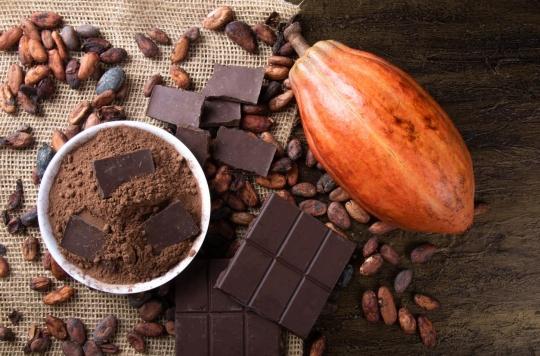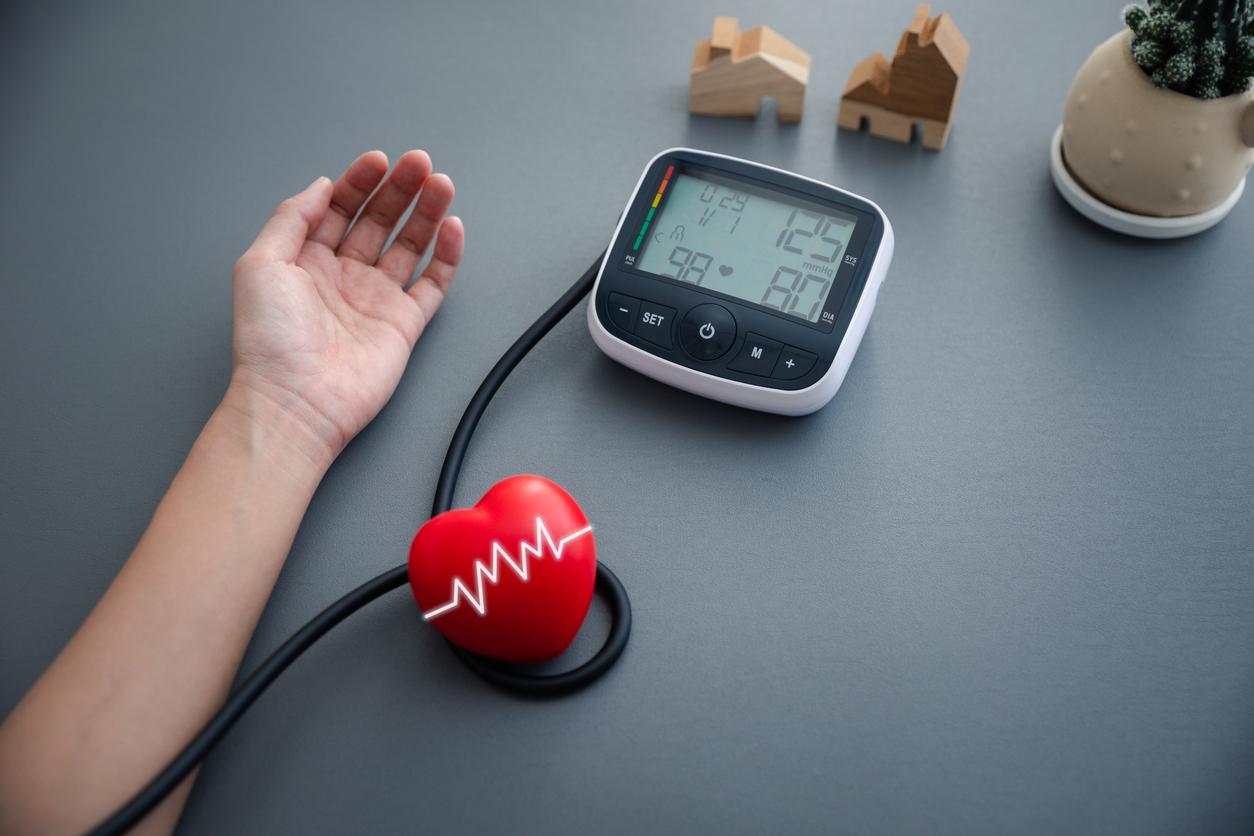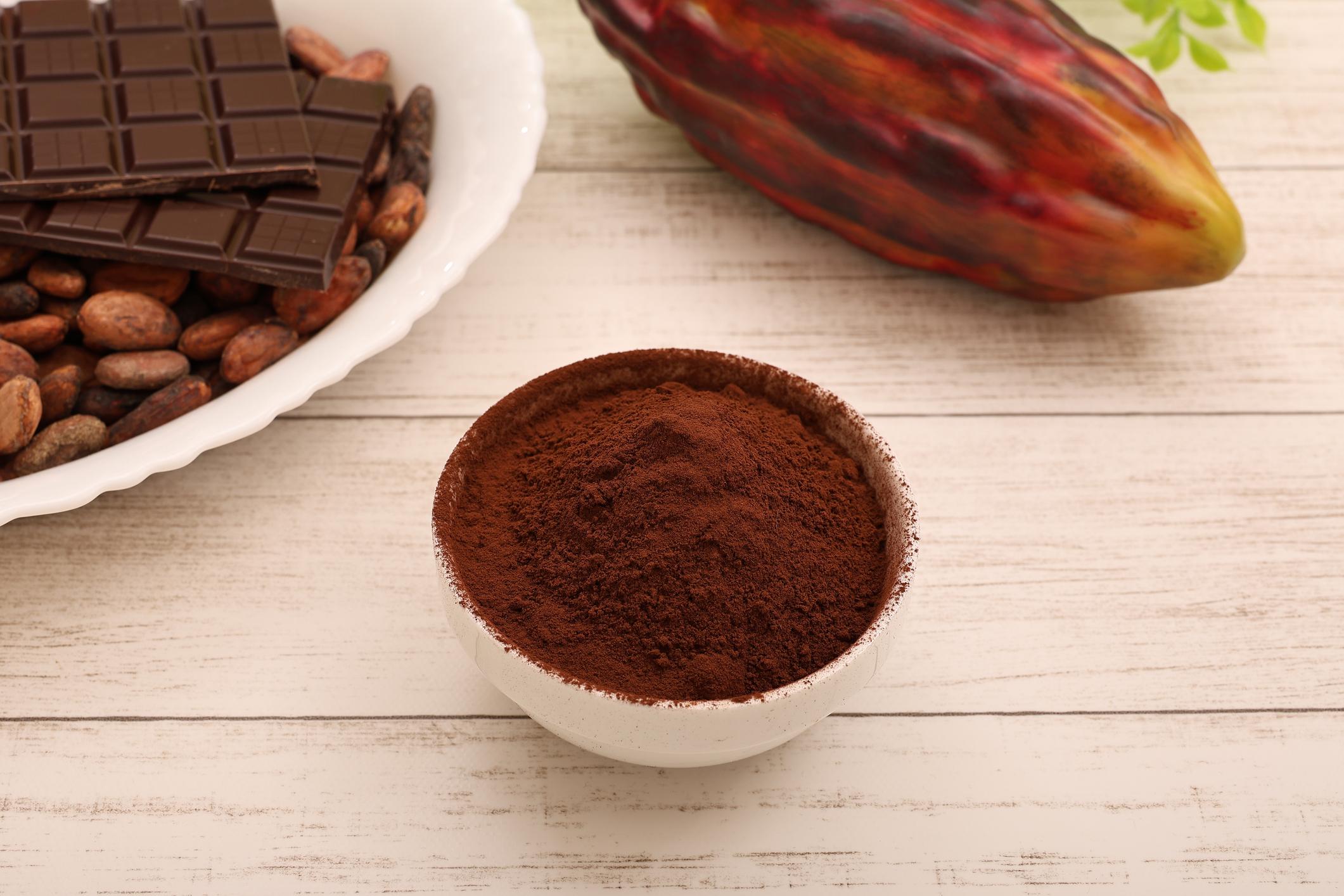Because it lowers blood pressure in healthy adults, cocoa consumption may be a treatment for hypertension, a study has found.

- Arterial hypertension is a common cardiovascular disease: in France, one in three adults is affected.
- People who live with high blood pressure are at an increased risk of heart disease and stroke.
Eating chocolate to cure high blood pressure? The idea is appealing… A study published in Frontiers in Nutrition has indeed shown that cocoa consumption lowers blood pressure in healthy adults, which could have implications for future treatments for hypertension.
However, the researchers insist that people with hypertension, diabetes and obesity should not take the results of this study as a recommendation to consume chocolate products which tend to be especially high in sugar and in fats. First are the flavanols, a plant compound also found in tea, blueberries and red wine that makes cocoa have a hypotensive effect.
Flavanols
To carry out their work, the researchers gave 11 participants, over several days, six capsules of cocoa flavanols (about 860 milligrams) or six placebo capsules containing brown sugar, alternately. Participants also received an arm-level blood pressure meter and a finger clip measuring pulse wave velocity (PWV) to assess arterial stiffness. Blood pressure has was measured before consumption cocoa capsules and every 30 minutes thereafter for the first three hours, then every hour for the next nine hours.
The study results indicate that systolic blood pressure, which indicates contractions in the heart, was reduced by approximately 1.4 mmHg over 12 hours. The effects were also detected 8 hours after cocoa consumption, a “second peakwhich the researchers believe may be due to the way gut bacteria metabolize flavanols.
The researchers also noted that blood pressure and arterial stiffness only fell in participants when it was high, and there was no effect when blood pressure was low in the morning.
With caution
Although stimulating, the results must be interpreted with caution and further studies must still be carried out, particularly over longer study periods and on more patients.
Instead, experts recommend adopting heart-healthy dietary protocols, such as the Mediterranean diet and the DASH diet to help lower high blood pressure. The DASH diet is a plant-based diet, rich in fiber, antioxidants and other micronutrients and very limited in processed products, salt, sugar and red meat.


















